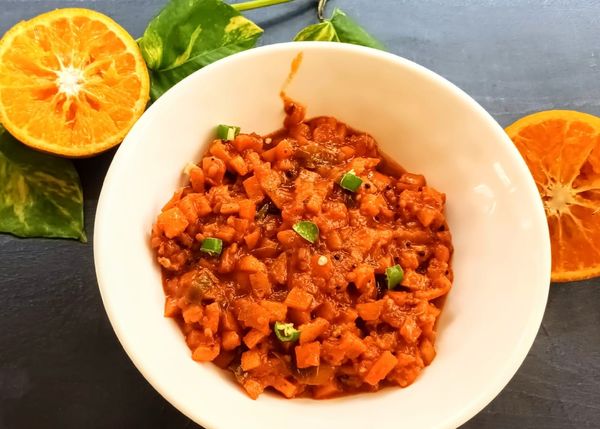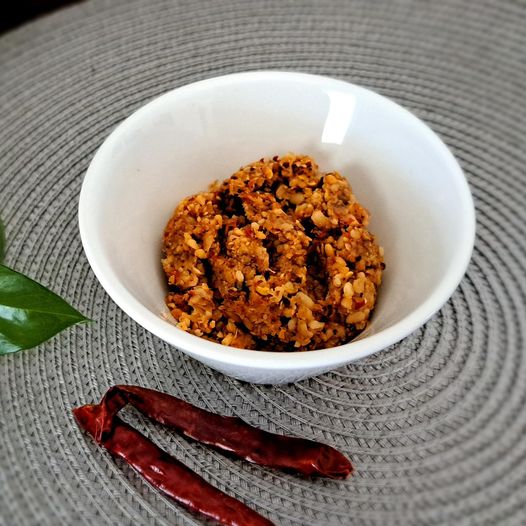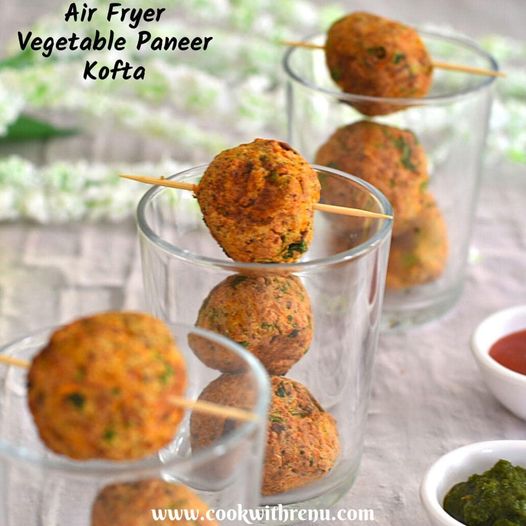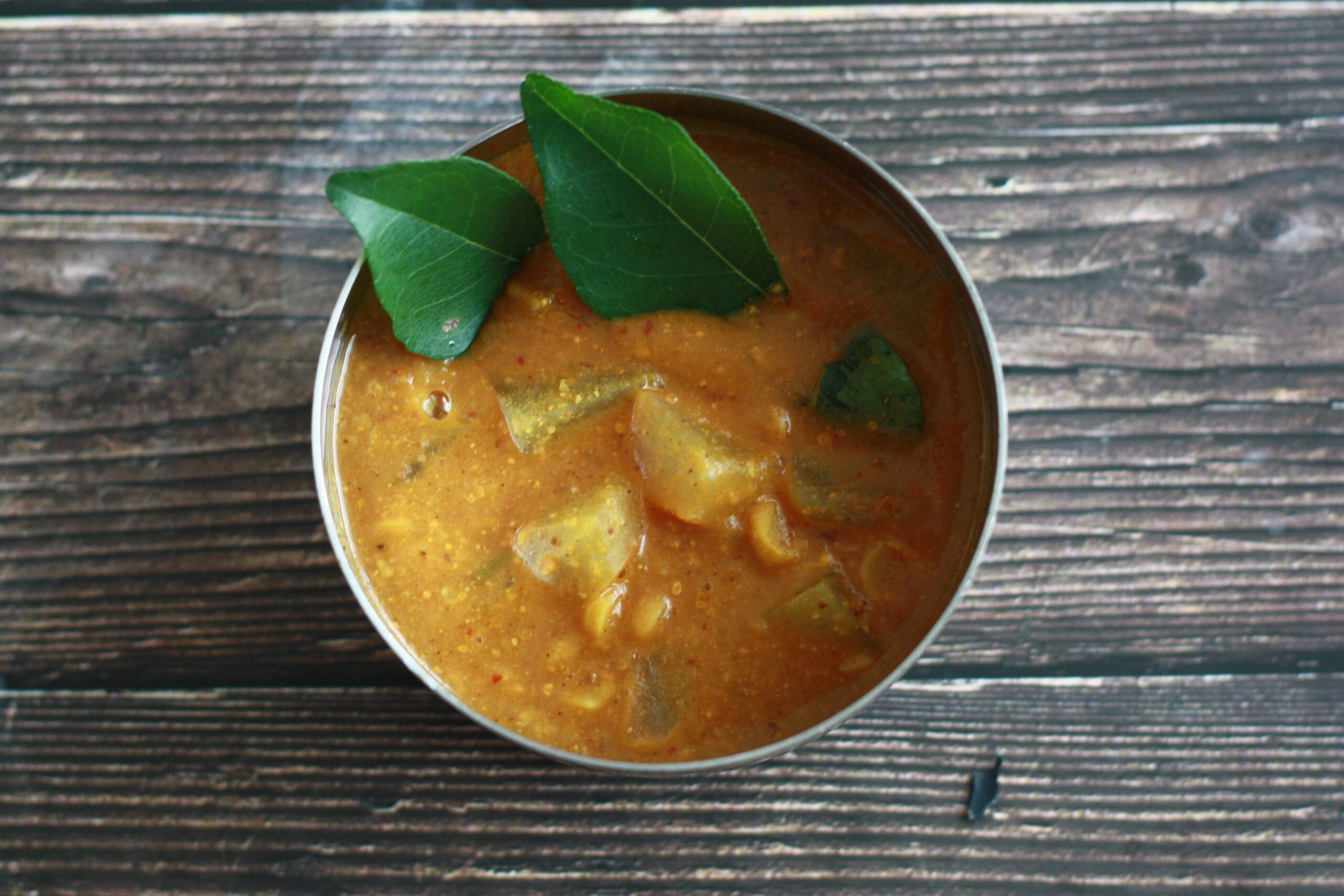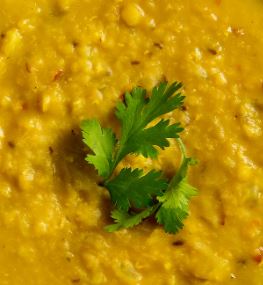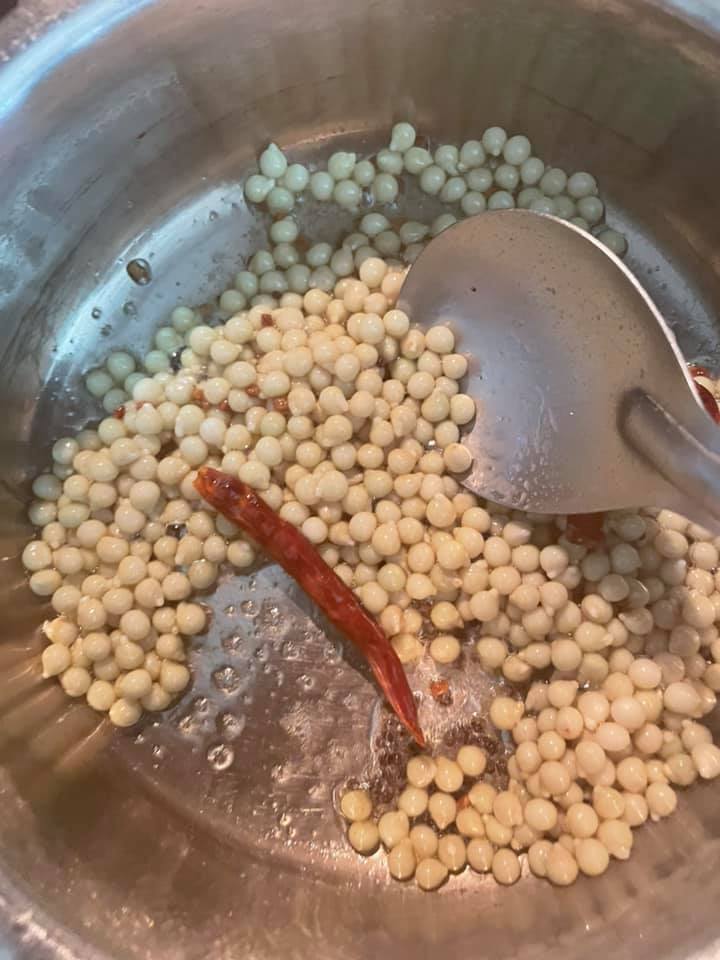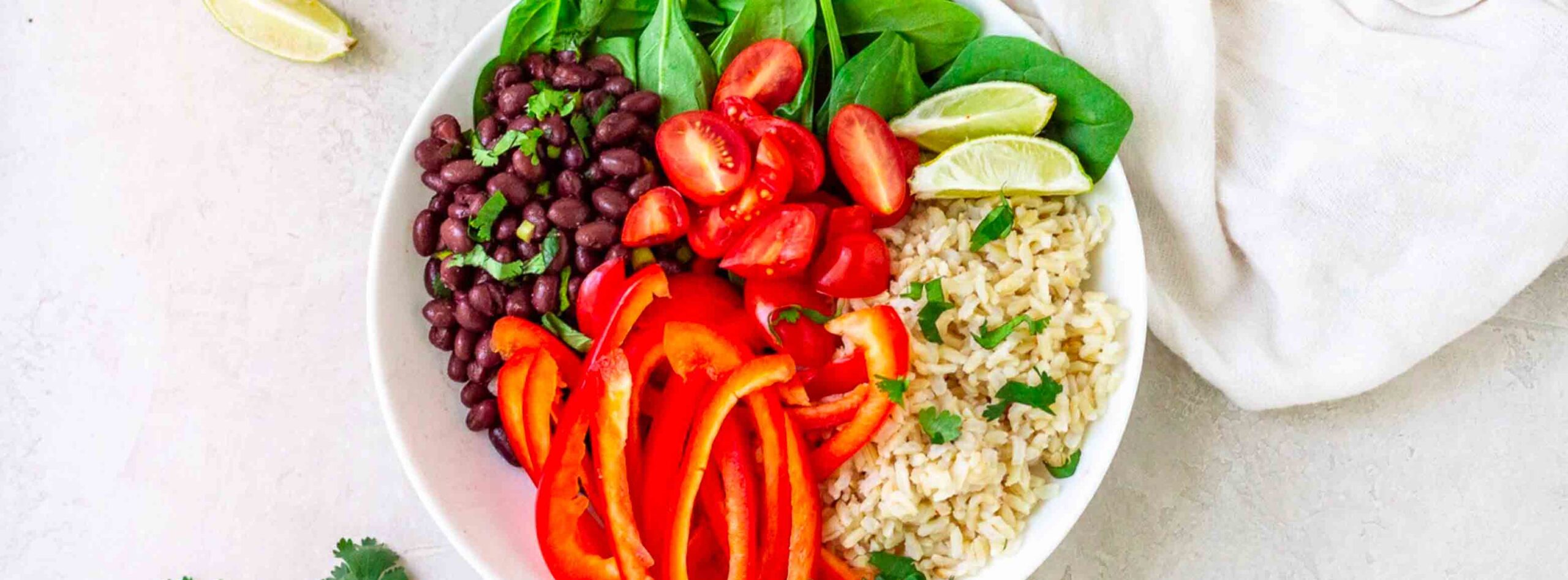Paddu, also known as Paniyaram, Gundu, or Appa, is a popular South Indian dish made from fermented batter, similar to that used for dosa and idli. This delightful snack has its origins deeply rooted in the culinary traditions of Tamil Nadu and Karnataka, though it is enjoyed across the southern part of India with various regional variations.
Origins and Historical Significance
The exact historical origins of Paddu are somewhat unclear, but it is generally believed to date back centuries as part of Tamil and Kannada cuisines. The use of fermented rice batter is a longstanding tradition in South Indian culinary practices, and Paddu likely evolved as a creative use of leftover idli or dosa batter.
Preparation and Ingredients
The basic batter for Paddu consists of rice and black lentils (urad dal), which are soaked, ground into a paste, and then fermented. The fermentation process is key, as it not only imparts a slightly tangy flavour but also aids in digestion. To this batter, finely chopped onions, green chillies, curry leaves, and sometimes grated coconut are added for additional flavour.

Ingredients
- Rice
- Sprouted ChickPeas
- MoongBean
- Ginger
- Green Chilly
- Jeera
- Carrot
- Beans
- Onion
- Coriander
- Salt
The cooking method is what makes Paddu unique. The batter is poured into a special cast-iron or non-stick pan with multiple small, round indentations. These pans are similar to Danish Aebleskiver pans but are used to cook Paddu with a distinct South Indian twist. The batter is poured into the greased moulds, and the Paddus are cooked over low heat and flipped once to ensure both sides are evenly browned and cooked through.
Regional Variations
In Tamil Nadu, Paddu is often referred to as Kuzhi Paniyaram and may be made in sweet or savoury versions. The savoury version includes ingredients like mustard seeds and hing (asafoetida) for a distinct flavour profile, while the sweet version might incorporate jaggery and cardamom.
In Karnataka, particularly in regions like Udupi and Mangalore, Paddu is commonly known as Gundponglu or Gundu, and often includes a variety of seasoning similar to that of the Tamil version, emphasizing the use of curry leaves and green chillies.
Cultural Significance
Paddu is not just a tasty snack but also a practical solution to avoiding food waste, as it makes excellent use of leftover batter. It’s commonly served for breakfast or as an evening snack, often accompanied by chutneys such as coconut chutney, tomato chutney, or sambar.
The dish exemplifies the traditional South Indian approach to cooking—using simple, locally available ingredients to create dishes that are nutritious, delicious, and environmentally conscious. Paddu’s ease of preparation and versatility have made it a beloved staple in South Indian households, showcasing the rich culinary heritage of the region.
Try These Other Dishes
- Try this recipe for Ulli Kharam
- Or this one for Paneer Kofta


